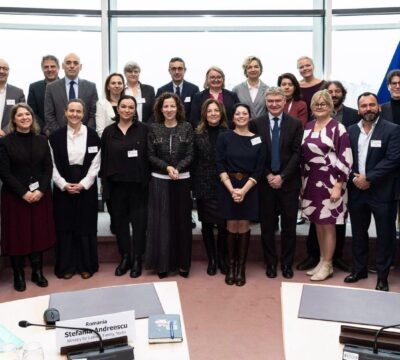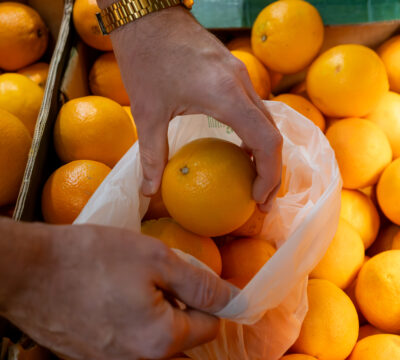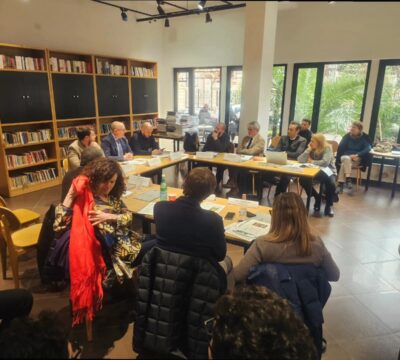The Spanish Food Banks FESBAL has taken a step forward with the launch of the project “Plan B”, a comprehensive digital platform for managing food surplus and donations. It is built around a unified operational model that covers the entire food donation lifecycle, from creation to delivery.
During September’s Morning Insight, a knowledge-sharing session exclusively accessible to FEBA Members, the Spanish Deputy Director, Pedro Castaños Ruiz, took the time to explain this initiative, which is designed to strengthen the fight against food waste and modernise food banks’ operations.
Plan B comes as a response to several challenges, including the growing public awareness about the social and environmental impact of waste and media coverage, the end of the FEAD (old ESF+) which had a direct impact on Food Banks and their social work, the need for digitalization and modernisation of Food Banks, the new European Law against food waste, and, just as importantly, the increase of people in poverty and with basic food needs.
Plan B aims to establish a strong connection between donors, Banks Food, and charities, combining technological and human interactions. Since its implementation, the platform has already managed over 570,000 kg of food and overseen more than 1,100 real end-to-end donations.
For over 30 years, Spanish Food Banks have been a benchmark in the recovery of surplus food and in the fight against food waste. FESBAL has a nationwide presence with 54 Food Banks in all the provinces and an extensive network of 6,000 charitable organisations.
Plan B’s purpose is to renew the Spanish Food Bank’s commitment to fighting food waste, promoting food recovery for the most vulnerable with the help of technology. As they stated: “We don’t have a Planet B, but we, Food Banks, have a Plan”.


